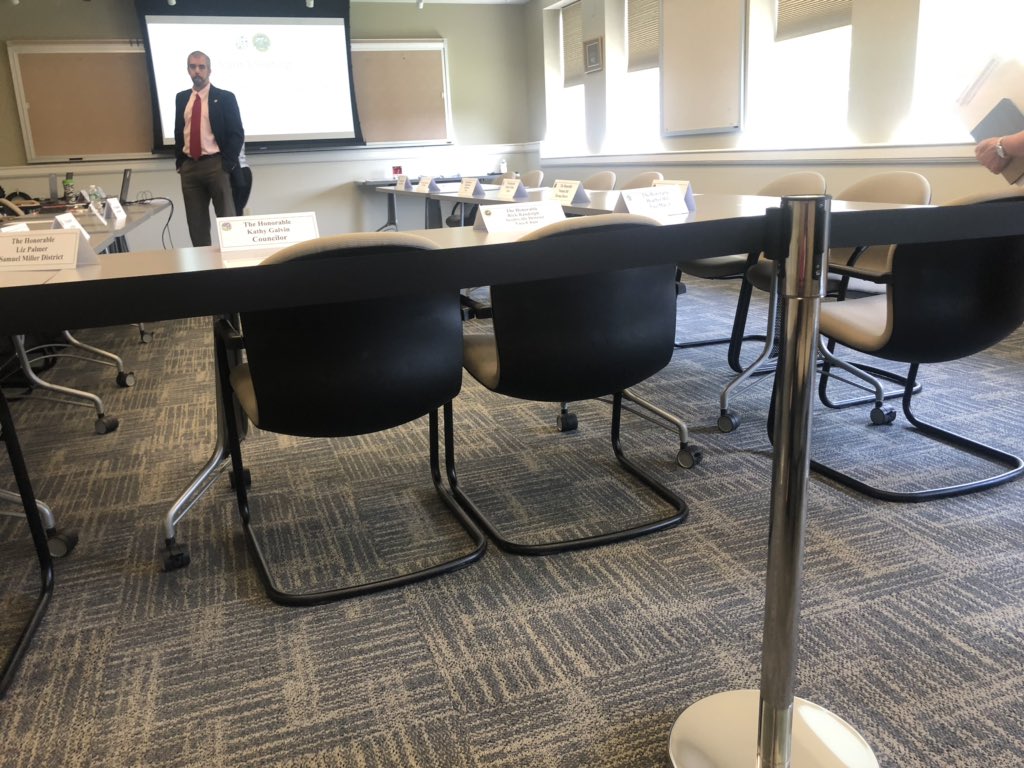dailyprogress.com/news/local/alb…
richmond.com/news/virginia/…
all of these things happened THIS YEAR. this semester. i hope they’re all in this equity report.
law.lis.virginia.gov/vacode/2.2-371…
(i have no idea what any of this jargon is supposed to mean!)
- by dec 31, identify five classroom practices that perpetuate the achievement gap
- by sept 30, staff will evaluate the equity dashboard and present target achievement goals
- by sept 30, create a definition of high expectations or revise/strike the priority
$12.95/hr is not going to retain college educated employees, he says.
they are seeing & will continue to see increasing diversity as well as increasing economic inequality.
in 2017-18, albemarle county’s african american students placed 127th out of 137 in the state for math performance.
oberg says if he were a “purple student in a school with no purple staff,” he would be uncomfortable.
haas says the recommendations are very good and is glad to see this as part of the retreat.
board members are reeling at the news that their minority students are some of the lowest performing students in the state.




















